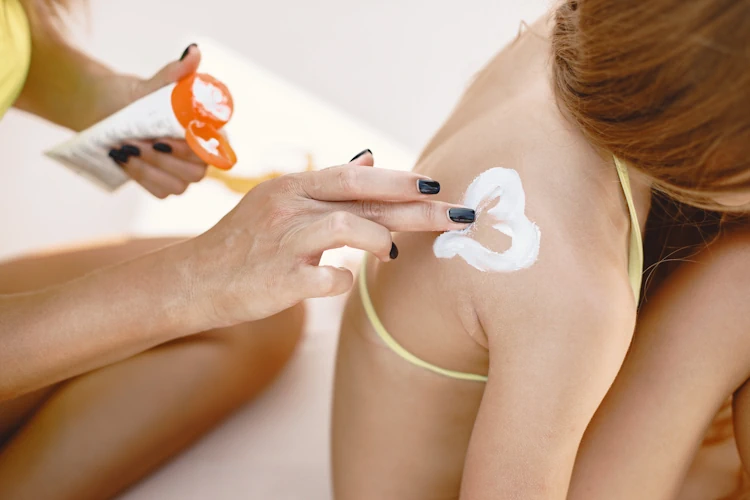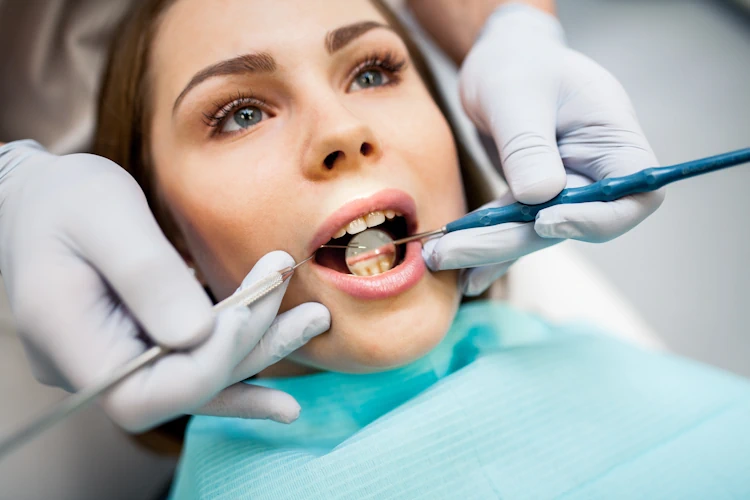House swapping, a trend that has gained momentum in recent years, offers a unique and exciting way to travel. It’s not just about saving money; it’s about experiencing a different way of life. In this article, we will explore the various benefits of house swapping, highlighting that it’s much more than a cost-effective travel option.
What is House Swapping?
Before we dive into its advantages, let’s understand what house swapping is. House swapping, also known as home exchange, is a practice where homeowners agree to trade their homes with one another for a specified period. This can be done within the same country or even across continents.
Cultural Immersion
Living Like a Local
One of the most significant advantages of house swapping is the opportunity to live like a local. When you stay in someone else’s home, you immerse yourself in the local culture and lifestyle. You get to explore the neighborhood, interact with neighbors, and enjoy the everyday life of the destination.
Authentic Experiences
Hotels can be sterile and touristy, offering a limited view of a place. House swapping allows you to experience the authenticity of a destination. You can shop at local markets, dine at neighborhood restaurants, and truly engage with the community.

Cost Savings
Free Accommodation
While this article emphasizes that house swapping offers more than just saving money, the cost savings are undeniable. With house swapping, you eliminate accommodation costs, which can be a significant portion of your travel budget. This means you have more funds to allocate to other aspects of your trip.
Reduced Dining Expenses
Many house-swapping arrangements include access to a fully-equipped kitchen. This can lead to further savings as you can prepare your meals and reduce dining expenses.
Convenience and Comfort
Home Away from Home
Staying in a home rather than a hotel room provides a level of comfort and convenience that is unparalleled. You have the space to relax, cook, and live comfortably. It’s especially beneficial for families or those who prefer a homely atmosphere.
Personalized Amenities
House swapping often comes with the use of the homeowner’s amenities, such as bicycles, sports equipment, or even a vehicle. This added value can enhance your travel experience and make it more enjoyable.
Building Friendships
Connect with Locals
House swapping allows you to connect with locals on a personal level. You can establish friendships with your hosts or neighbors, which can lead to lasting connections and future travel opportunities.
Trust and Reciprocity
The act of trusting someone with your home, and vice versa, creates a sense of reciprocity and community. It fosters trust among people from different parts of the world.
Environmental Impact
Reduce Carbon Footprint
House swapping can be more environmentally friendly than traditional travel. You’re reusing existing accommodations, which reduces the need for new hotel construction and its associated carbon footprint.
Sustainable Travel
The concept of house swapping aligns with the principles of sustainable travel, promoting responsible tourism and minimizing the impact on the environment.
Conclusion
In conclusion, house swapping offers a plethora of benefits beyond saving money. It provides an opportunity for cultural immersion, cost savings, convenience, and the chance to build meaningful connections with locals. Moreover, it contributes to a more sustainable and responsible way of traveling. So, if you’re looking for a unique and enriching travel experience, consider house swapping as your next adventure.
FAQs
- How do I find house-swapping opportunities?
- Several websites and platforms specialize in connecting homeowners for house swapping. You can start your search there.
- Is house swapping safe?
- House swapping is generally safe, but it’s essential to communicate with your potential exchange partners, ask for references, and establish trust.
- Can I house swap if I don’t own a home?
- Some renters may have permission to engage in house swapping, but it’s crucial to check with your landlord or lease agreement.
- Are there specific rules for house swapping?
- Each house-swapping arrangement may have its own rules and expectations. Clear communication and a written agreement are essential.
- How can I make my home more appealing for house swapping?
- To attract potential exchange partners, ensure your home is clean, well-maintained, and includes clear information about your location and amenities.




